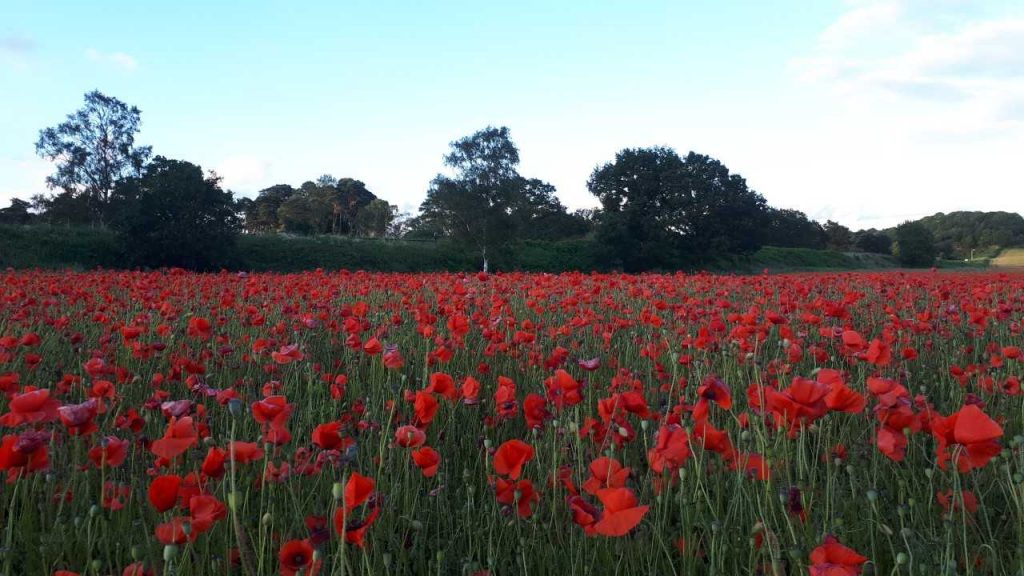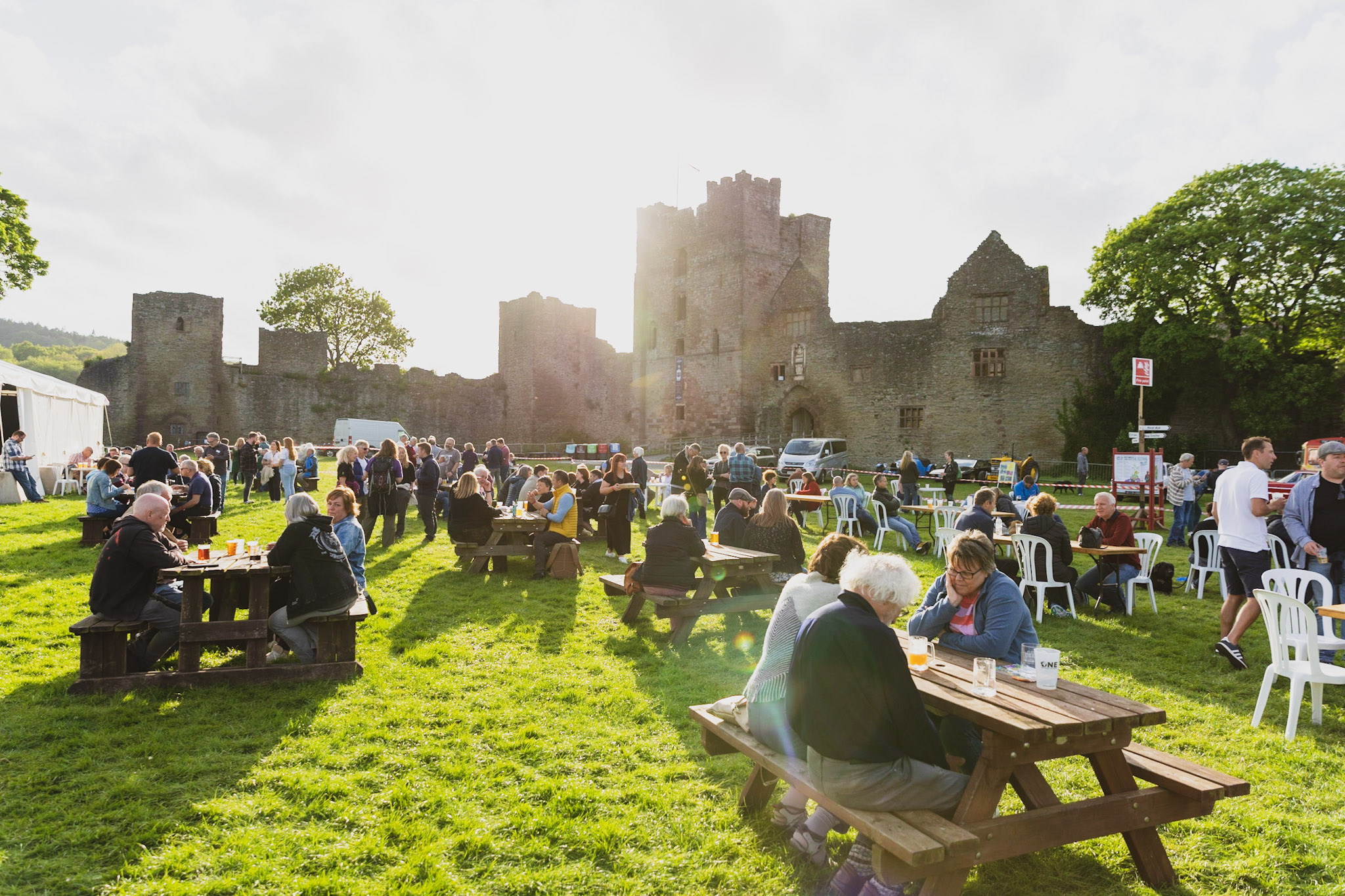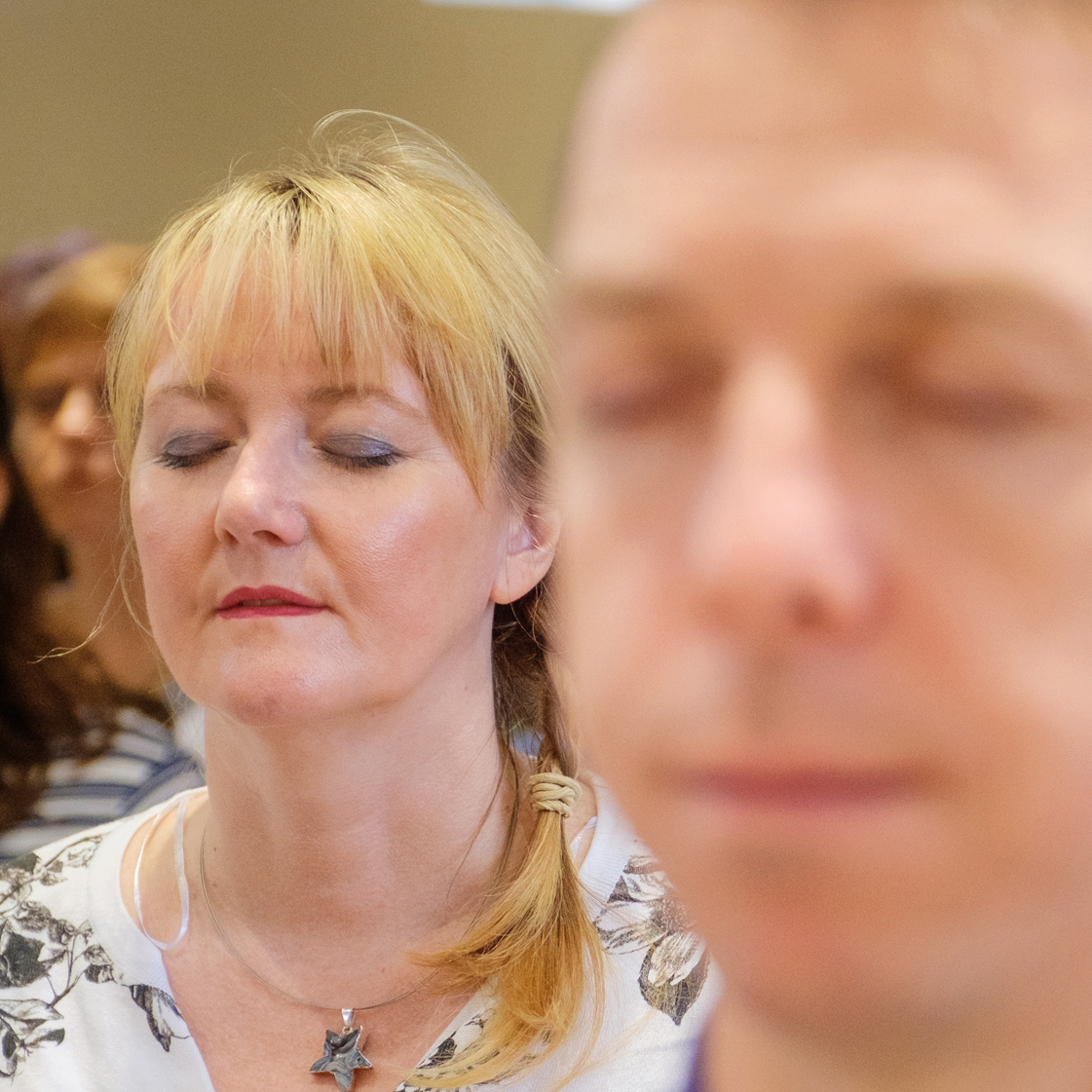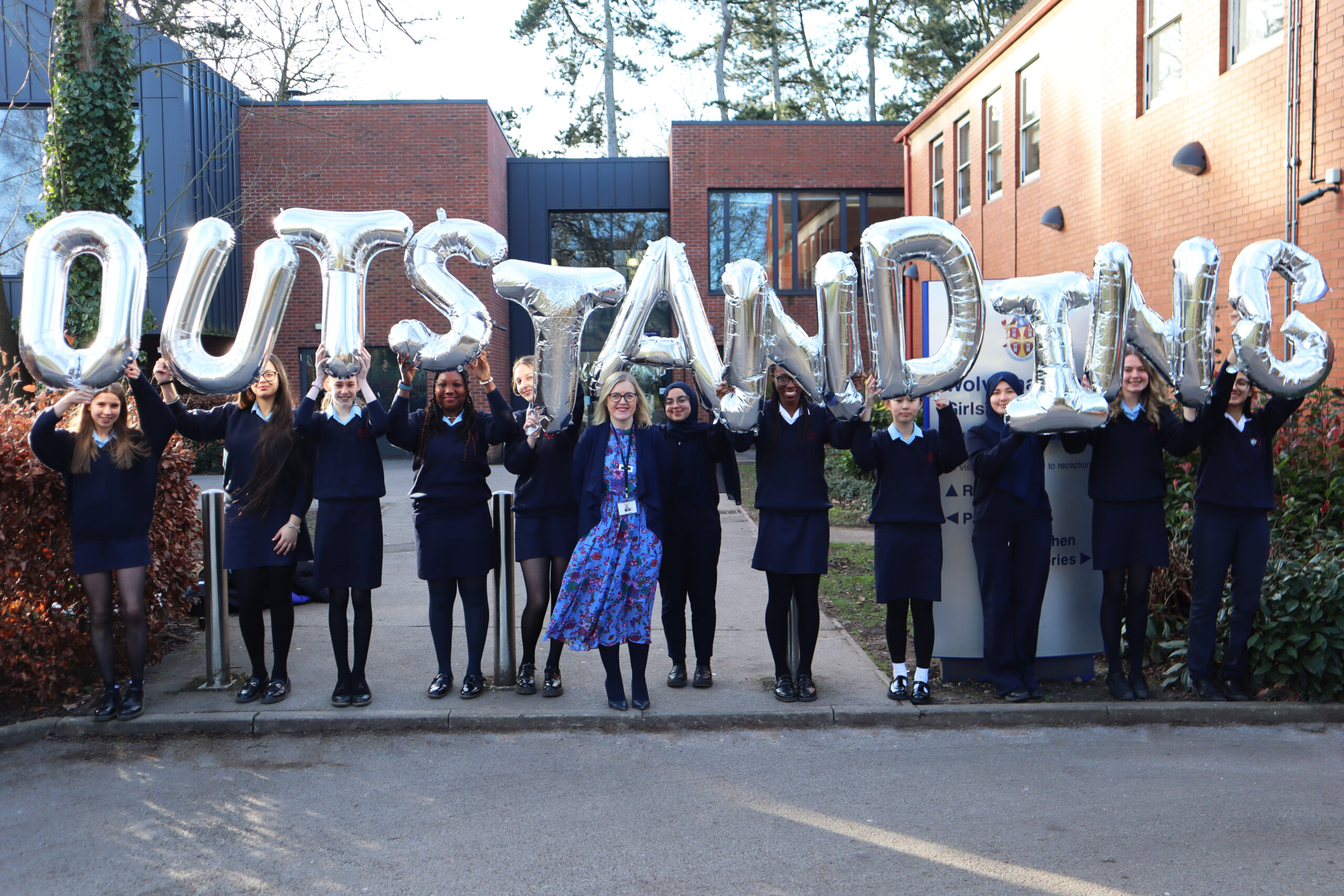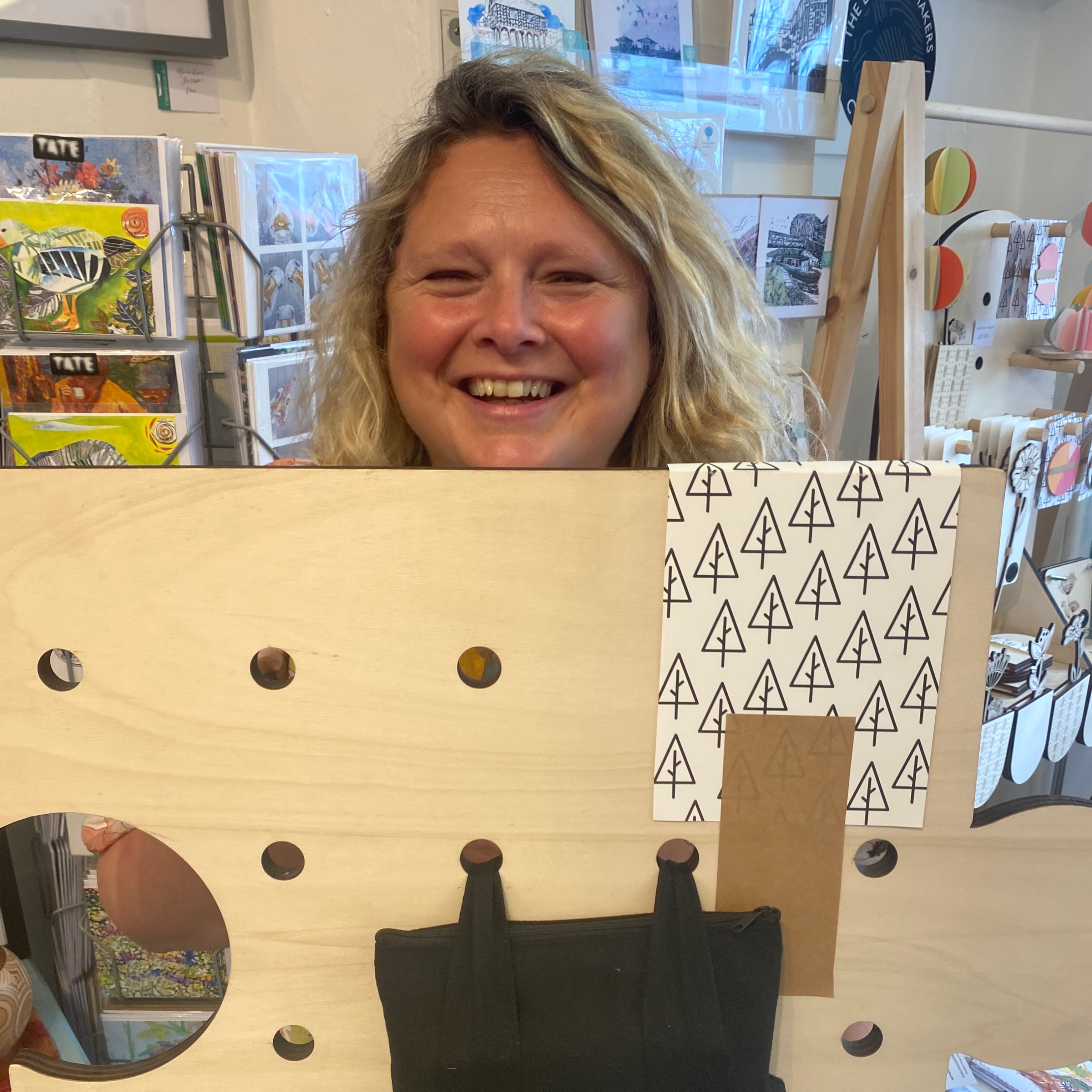Kestrels were hunting in the grassy field margins and bumblebees and soldier beetles feasted on the flowers…
My son loves steam trains. Living in Bridgnorth, this means that we spend a lot of time on board the Severn Valley Railway. It was from the window of a carriage that I first saw the famous poppy fields of Bewdley. A buttercup meadow or a bluebell woodland is a relatively common sight around the Shropshire countryside, but a field of shimmering red is an unusual and striking view. Photographs of the fields have featured in many local and national newspapers in recent years.
A week later I went to visit the fields to get a closer look. It was around 8pm when I arrived at Blackstone car park but it was high summer and sunset was still several hours away. I was surprised to see a steady stream of people walking up a footpath opposite the car park entrance. I made my way up the same track, passing beneath the sandstone railway bridge. After running alongside a hedge-line, the track swung round and suddenly all around me were gently rolling fields covered in poppies.
Colourful blooms
It is only when one walks, waist-deep, through the poppies that one gets a true sense of the movement, colour and life in these fields. The gentle breeze blows channels through the poppy stems and the flowers gently sway in the breeze. It is like being surrounded by a constantly shifting, scarlet sea that stretches away to the horizon.
As well as the poppies, I can see corn chamomile and other wildflowers growing. I can also see the distinctive stems of barley, an indication of the past management of these fields. The land is part of Blackstone Farm so was once used for growing crops. The poppies and corn chamomile are classed as arable weeds so would have existed in low numbers amongst the barley. The weeds would have been controlled by spraying with herbicides in order to maximise food production.
Before the land was farmed, it would have been part of the Devil’s Spittleful, an area of lowland heathland. Worcestershire Wildlife Trust now own the farm and are embarking on a programme of work to restore these fields to lowland heathland, an internationally important habitat. The key building block for any habitat is the soil beneath our feet. The sandy soil at Blackstone Farm will favour development of heathland. However, when land is farmed for a long time, the upper layers of soil are enriched to make fertile conditions. Looking ahead, fertility will need to be reduced so no fertilisers will be added to the soil.
Wild returns
Now that the land is no longer being used for intensive agriculture, the fields have been left fallow. The seed bank is full of poppy seeds, so the flowers have bloomed and a sense of wildness has started to return. In order to germinate, poppy seeds require disturbance by cultivation of the soil. Therefore, the poppies are a temporary stage as the land is saved from the plough and allowed to breathe once again.
On the evening that I visited Blackstone Farm, it was a place filled with skylark song. Kestrels were hunting in the grassy field margins and bumblebees and soldier beetles feasted on the flowers. I was surprised how many other people I saw soaking up the sights and sounds. Some had expensive-looking cameras, others were taking snaps of the poppies on mobile phones. This is a place of wonderment and a reminder of how breath-takingly beautiful the natural world can be.
In November, poppies will cover war memorials and village greens all across Shropshire. After World War I ended, battlefields were covered in poppies. Their seeds had been disturbed by the heavy artillery and they bloomed in huge numbers. Ever since then, the poppy has been adopted as a symbol of Remembrance.
Poppies are actually a family of plants with several different species and cultivars. Our relationship with the plant is not straightforward. We wear replicas of the field poppy (Papaver rhoeas) on Armistice Day to provide comfort as we remember loved ones lost in conflict but another species of poppy is the source of harmful drugs. Papaver somniferum or the opium poppy is grown on plantations in places like Afghanistan to produce heroin. At Blackstone Farm, the poppies are a brief and beautiful symbol of hope for a wilder future.
Do one thing for wildlife this month…
For a future where food production is balanced with nature conservation, we all need to reduce our food waste. Currently one bag in five of all UK food shopping is wasted. If we reduced our food waste, more land would be available for wildlife. For practical hints on how to reduce food waste, visit lovefoodhatewaste.com.
For more information about Blackstone Farm and the Devil’s Spittleful nature reserve, visit worcswildlifetrust.co.uk.

